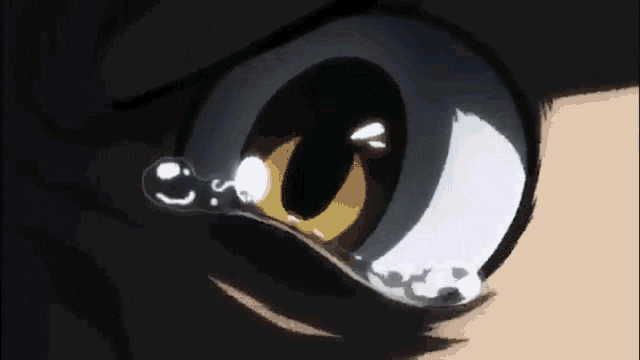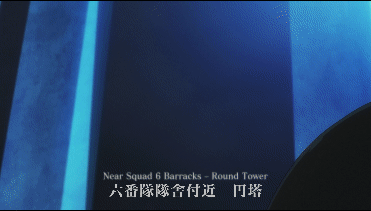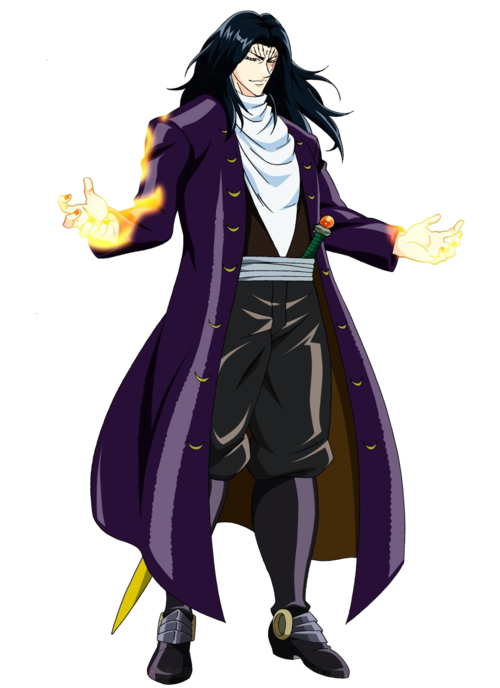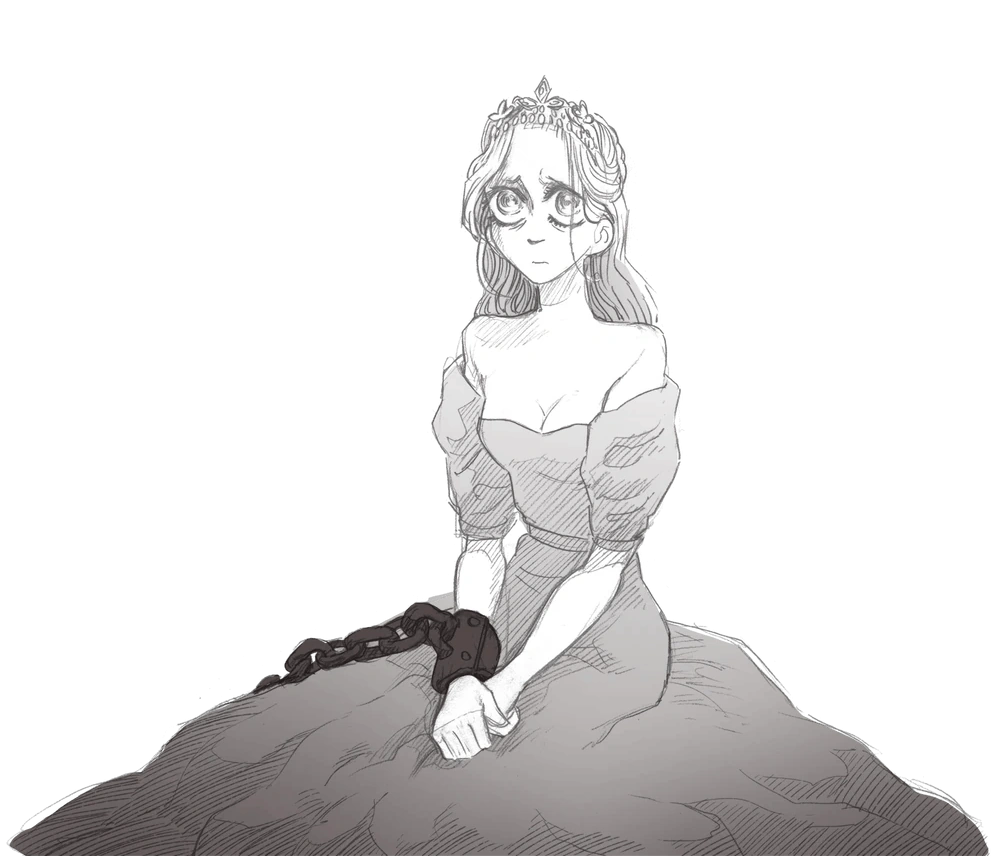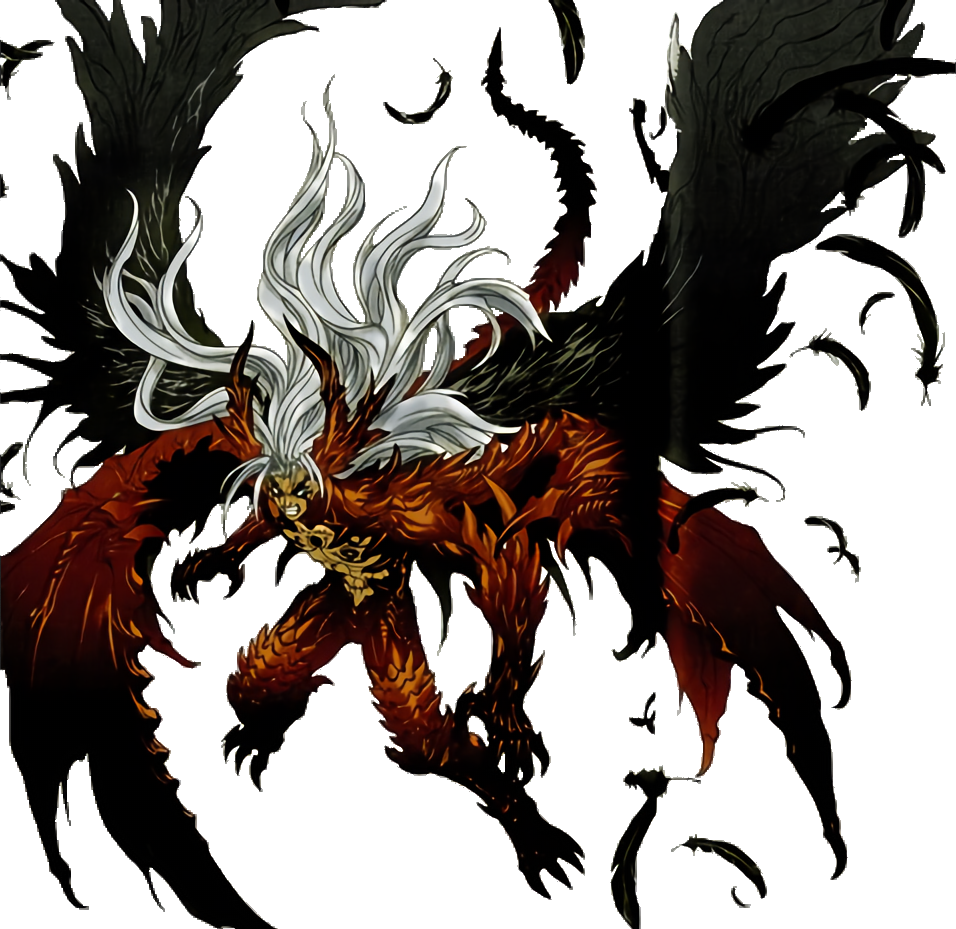Point 1: The books saying Demons are impervious to all man-made weapons are contradicted by the games, where Lady (a human) can kill demons with guns and even a cigar, and the demons getting gored by a van hitting them.
Counterpoints: Lady has superhuman feats (not sure how this affects her bullets and cigar but okay), and Lady doesn't fully kill them. Also one of the books says she uses silver bullets which works on demons. Then someone posted a scan from the Chinese Mobile DMC game where a weapon material is shown to be "the soul of an ancient demon." The argument is that Lady's weapons are enhanced by demonic energy (this seems extremely far fetched, nothing says Lady's guns in the main stories are made of something like that).
Point 2: The fear manipulation feats from the books are contradicted by various instances where humans are in the presence of demons but don't get scared, such as Lady, Nico, Kyrie, Morrison, and Patty, and other random humans.
Counterpoints: Lady has supernatural feats. Nothing about the others. The argument aside from that has revolved around whether the novels/manga hold the same canon status.
Point 3: Dante's alleged posion/acid resistance is seemingly contradicted by him needing to block/dodge a demon's poison/acid spitting, as well as game descriptions that the poison/acid is dangerous and should be avoided.
Counterpoints: Dante blocking/dodging doesn't mean that he isn't resistant, and/or that demon is just more powerful than the poison/acid he resisted in the novels.
Point 4: Dante's resistance to Probability Manip, Empathic Manip, and Death Manip come from the idea that he can resist the powers of the Poker Demon, but in the story where this comes from Dante explicitly says that the magic worked on him twice. He didn't die because he won the game, and it only kills you if you lose against the owner of the artifact, which Dante never did.
Counterpoints: He should've died, and he willingly let the artifact possess him. (although, nothing says he did this by deactivating some resistance, rather than just intentionally putting himself in harms way).
